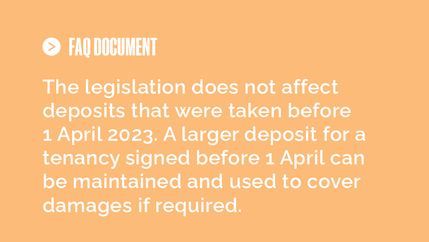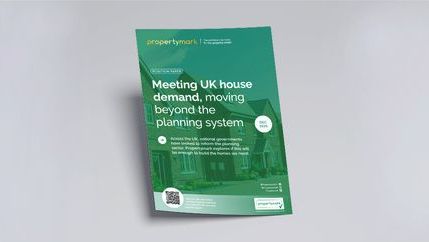
Prioritise rentals reforms
Sections of the Private Tenancies Act (Northern Ireland) 2022 require Assembly and Ministerial decisions and approval before implementation. These need urgent attention so that the sector can mirror reforms already made in the rest of the UK, for example, electrical safety standards.
Once these reforms have been introduced, the Northern Ireland Executive must focus on long-term challenges affecting the sector.
Introduce the regulation of letting agents
As part of phase 2 of the rental reforms in Northern Ireland, the Department for Communities has commissioned research on letting agent regulation.
Not only will this be essential in enabling agents to understand and implement the Private Tenancies Act reforms, but establishing a statutory Code of Practice can root out agents who do not meet a good level of service and fail to comply with legal requirements.
Oppose rent controls
Section 7 of the Private Tenancies Act provides powers to the Department for Communities to regulate the amount of rent charged in private tenancies.
We urge the Government not to consider proposals which have been considerably detrimental to the housing sector in Scotland.
Alternative measures, as recommended in the Rent Regulation in the Private Rented Sector in Northern Ireland research report commissioned by the Department for Communities must be sought, including increasing Local Housing Allowance rates to the fiftieth percentile with a long-term commitment to increasing LHA rates by inflation going forward and to increase the supply of housing.
Address supply concerns across all tenures
A long-term solution to address the lack of affordability in the PRS is to address the supply of social and assisted housing.
The number of applicants on the social housing waiting list has increased every year since 2018, and consequently, lower-income people are being forced into the PRS as the only form of housing available to them, which further increases demand and drives up rent.
A long-term programme of building homes, both for social rent and to be made available for homeowners, to help ease supply-side pressures must also be committed to.
Explore options for full devolution of tax powers
Stormont should work with the UK Government and the property sector to further explore the recommendation of the Independent Fiscal Commission NI for full devolution of revenues and tax powers related to Stamp Duty Land Tax.
The Northern Ireland Executive can then set tax levels to help drive demand for and increase the number of homes bought and sold during periods where the market would otherwise slow down.
This method was used by the UK Government to great effect in January 2021, when the Stamp Duty Holiday in England saw the number of sales agreed reach a 14-year high for January and demand increase by 27% compared to January 2020. We would encourage Ministers to take similar action if devolved powers were granted.
Broaden financial support for energy efficiency
The challenge of meeting net zero goals is particularly acute in Northern Ireland because the cost of retrofitting homes is particularly large when set against house prices.
Estimates suggest that the cost of retrofitting a home can be over £24,000 which represents 13% of the average house price but only 8% of the average house price in England.
Effective incentives are needed for homeowners and landlords which factor in the value, age, and geography of homes, and encompass a range of energy efficiency measures.









